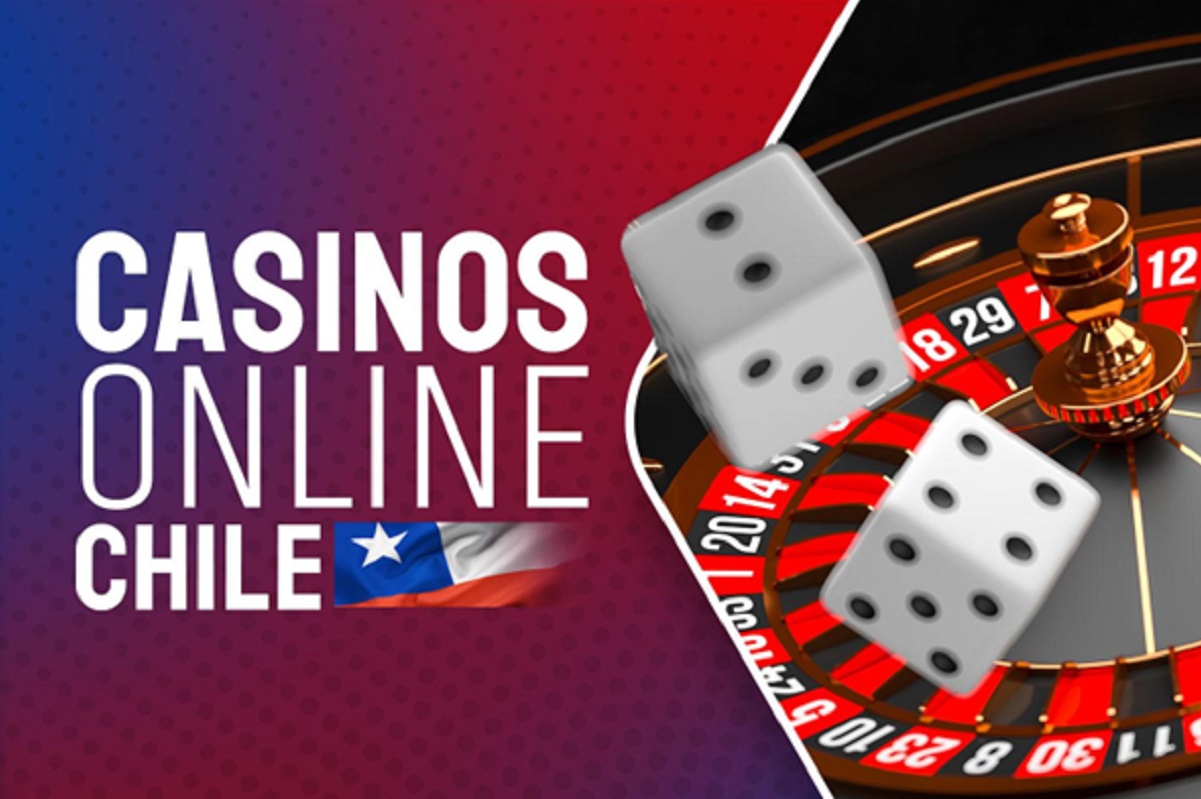The Development of Gambling Activities Across the Ages
Gambling games have enthralled players for centuries, transforming from simple pastimes to intricate adventures that blend fortune, skill, and entertainment. From the early beginnings of gambling in societies including the ancient societies of Mesopotamia and Rome to the dazzling corridors of current casinos, the journey of these games reveals much about the human experience and our interaction with chance. As societies have intertwined and technological advancements have occurred, casino games have transformed, mirroring shifts in society and advancements in gameplay.
The earliest forms of gambling likely included simple dice games and placing bets on the outcomes of sporting events. As time passed, these primitive activities grew into more structured games like playing card games, the game of roulette, and the multitude slot games that line the premises of casinos today. Each period brought its distinct regulations, visual styles, and social relevance. Today, casino games maintain their evolution with the rise of online platforms, enabling players from everywhere to engage in a collective experience, further blending the traditional with the digital age.
Ancient Origins of Gaming Games

Gaming games have origins that extend back to historical societies, where wagering was strongly integrated in cultural traditions and social rituals. The initial known instances of gambling emerged in Mesopotamia around 3000 BC, including primitive dice games made from knuckle material. These primitive activities laid the foundation for more advanced gambling games, demonstrating humans’ innate urge to pursue wealth and entertainment through chance.
As societies developed, so did their gambling pursuits. WW88 ESQ In historic China, around two thousand three hundred BC, tiles were discovered that were similar to primitive basic versions of a lottery activity. More structured forms of gambling developed in the Roman Empire, where activities of luck were a popular recreation, often taking place in community events. The ancient Romans developed various wagering games, which included dice and board games, illustrating the widespread nature of gambling across various social strata.
With the passage of years, these early games influenced the evolution of contemporary gambling activities. In the Middle Ages, playing card games grew prevalent in European culture, paving the way for the professional gaming venues we know today. The transition from informal betting to organized gambling in pubs and private houses marked a major shift in how people interacted with activities of chance, leading to the subsequent establishment of gaming houses as dedicated places for gambling.
The Emergence of Contemporary Gambling Industry
The final 20th century marked a significant change in the field of gambling games, fueled by technological progress and transformations in societal views towards gambling. The emergence of computers and the World Wide Web transformed the way players engaged with their favorite games. Virtual casinos emerged, enabling enthusiasts to enjoy timeless casino classics like poker and 21 from the safety of their homes. This emerging online environment not only expanded availability to gambling options but also attracted a younger crowd who found the comfort and variety appealing.
As digital gaming gained momentum, so did advancements in casino tech. The creation of sophisticated programs and visual elements changed conventional casino games into immersive experiences. Players could now connect with live live dealers through live feeds, importing the vibe of physical casinos directly into their houses. This fusion of in-person play with digital interfaces created a unique hybrid experience that enhanced the social aspect of playing, allowing it possible for individuals to engage and compete with others around the world.
Furthermore, the emergence of gaming on mobile devices substantially changed the gambling environment. With the ubiquitous use of mobile phones and tablets, gamblers can enjoy their preferred casino games anywhere, at any time. Mobile applications offer a extensive range of options customized for mobile screens, catering to the busy lifestyle of modern users. This easy access has led to increased participation in gambling, fostering the surge of the gambling sector. As a result, the outlook of gambling continues to progress, adjusting to technological advancements and shifting consumer preferences.
How Technology Influences Casino Games
Technology’s advancement has significantly transformed casino games, enhancing the overall gaming experience for players around the world. As the internet emerged, online casinos emerged, allowing players to enjoy their favorite games from the comfort of their homes. This shift not only made casino games more accessible but also increased the variety of games offered, as online platforms could host numerous variations of traditional games without the limitations of brick-and-mortar establishments.
The rise of mobile technology further transformed the casino gaming landscape. With the proliferation, players can to engage in casino games whenever and wherever they want. This flexibility has led to the creation of dedicated mobile applications and optimized websites that offer smooth gaming experiences. Additionally, advancements such as live dealer games have brought the authentic atmosphere of a casino into players’ living rooms, connecting between physical and online gaming.
Moreover, advancements in artificial intelligence and VR are leading to the next generation of casino games. AI improves game design and player interaction, creating tailored experiences based on user behavior and preferences. Meanwhile, virtual reality offers immersive environments where players can engage in a simulated casino setting, making the gaming experience more exciting and lifelike. As technology continues to evolve, the future of casino games looks promising, filled with limitless opportunities for advancements and entertainment.